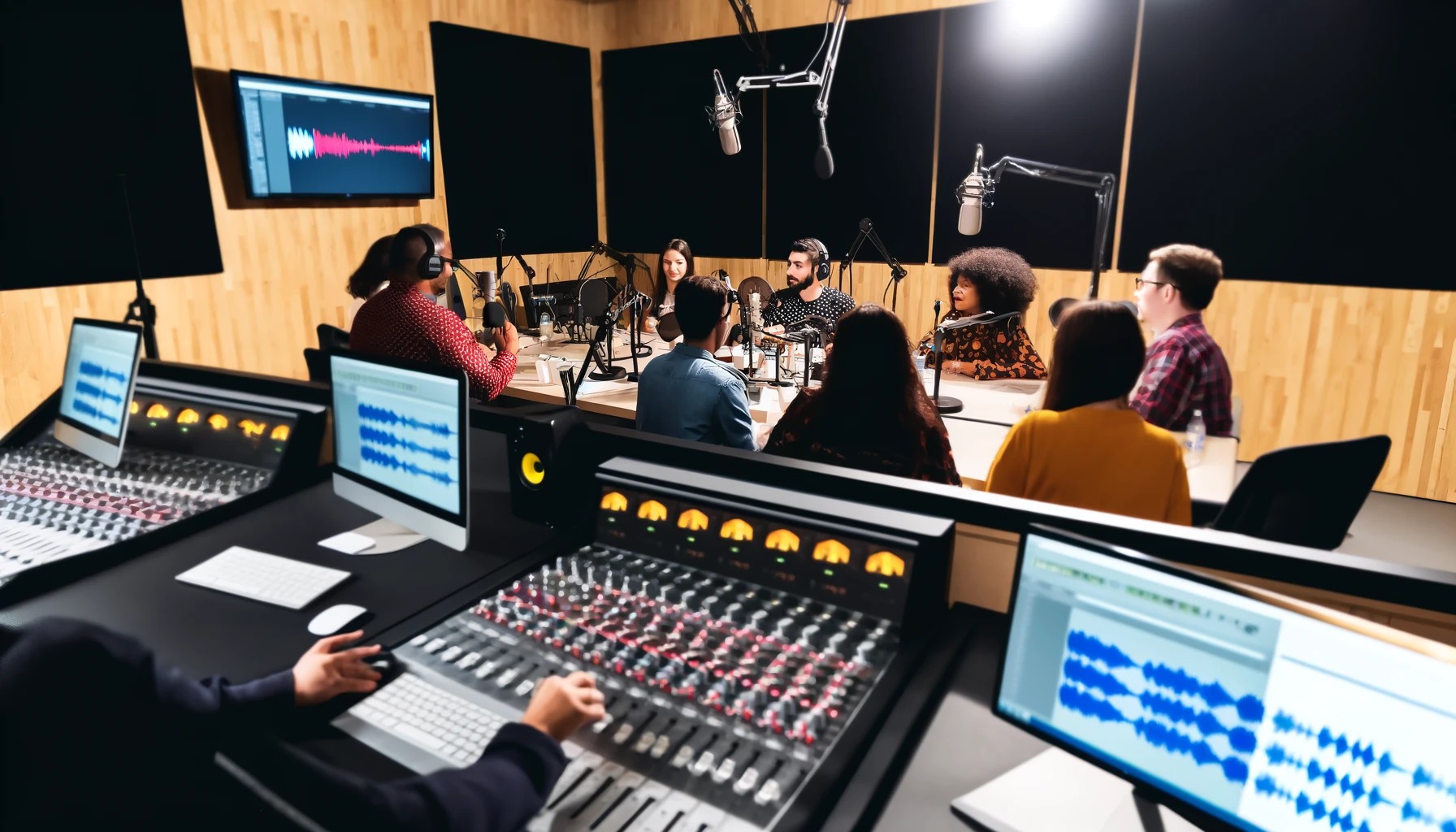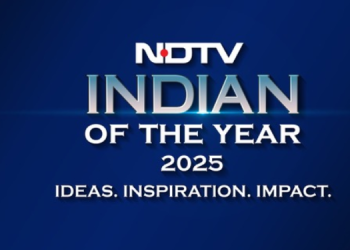In recent years, podcasting has surged as a dynamic force in digital media, transforming audio content consumption. While traditional radio focuses on scheduled programming, podcasts offer flexibility and personalization, appealing to today’s digital audience. Moreover, with platforms like 1xbet, sports enthusiasts can find podcasts tailored to their interests, featuring in-depth discussions and analyses on various sports events.
The Allure of Podcasting
Podcasts cater to a broad spectrum of interests, providing niche content that traditional radio often cannot. Here are some key aspects that make podcasting particularly attractive: Niche Topics: From tech innovations to personal wellness, podcasts cover specific interests that engage targeted audiences.
Flexibility: Listeners can tune in anytime, anywhere, making it easy to integrate podcast listening into daily routines.
Impact on Traditional Radio
- Traditional radio is increasingly influenced by the podcasting trend, adapting to the evolving preferences of a digital audience:
- Digital Streaming: Many radio stations now stream their content online, offering podcasts of popular shows to reach a broader audience.
- Interactive Features: Radio shows are incorporating listener interactions similar to those found in podcasts to enhance engagement.
Shift in Advertising
- Advertising strategies are shifting as podcasts offer more intimate and targeted ad experiences. Key differences include:
- Host-Read Ads: Podcast ads often feature personal endorsements from hosts, believed to be more effective at engaging listeners.
- Budget Reallocation: Advertisers are moving funds from traditional radio to podcasts to capitalize on their engaged listenerships.
Technological Innovations
Podcasts are at the forefront of adopting new technologies that enhance listener experiences: AI and Personalization: Advanced algorithms suggest content based on listener preferences, improving engagement.
Immersive Experiences: Some podcasts are incorporating AR and VR to create immersive listening experiences.

Expanding Audience Reach Through Podcasting
Podcasting is revolutionizing how content creators expand their audience reach. Unlike traditional radio, which is often limited by geographic broadcast zones, podcasts can be accessed globally, tapping into a worldwide audience with internet access. This global reach has allowed podcasts to cultivate niche markets on an international scale, providing a platform for diverse voices and topics that may not find space in mainstream media.
Key Benefits of Global Reach:
Diverse Audience Engagement: Creators can engage with listeners from different cultures and regions, broadening their perspectives and content appeal.
Increased Revenue Opportunities: Access to a global market allows for enhanced monetization strategies, such as targeted ads for different regions and premium content offerings for international listeners. This shift towards a more inclusive and extensive reach is not only beneficial for podcast creators but also offers listeners a richer variety of content, ensuring there is something for everyone, no matter where they are in the world.
Leveraging Data Analytics in Podcasting
Data analytics is playing a crucial role in the growth and evolution of podcasting. Podcast platforms and creators are increasingly using detailed analytics to understand listener behavior, preferences, and engagement patterns. This data-driven approach enables podcasters to tailor their content more effectively, improve listener retention, and attract advertisers by demonstrating tangible engagement metrics. Strategic Insights Gained from Analytics: Listener Demographics: Understanding the age, location, and preferences of the audience to tailor content and advertising strategies.
Engagement Metrics: Analyzing which episodes perform best and why, helping to refine future content for maximum impact.
Future Outlook
The podcast industry is rapidly evolving with new technologies and consumer demands. Upcoming trends include:
Interactive Podcasts: Enhanced listener interaction through live feedback and participation.
Diverse Monetization Models: Beyond ads, podcasts are exploring subscriptions, exclusive content, and live event monetization.

Embracing New Content Strategies
To remain relevant, traditional radio must embrace new content strategies that align with current listener expectations:
- On-Demand Content: Offering content that listeners can access on their schedule.
- Enhanced Listener Engagement: Engaging audiences through interactive segments and social media integration.
In conclusion, while traditional radio continues to hold its ground, it needs to evolve continually to coexist with the burgeoning podcasting industry. The future likely holds a hybrid media landscape where both mediums thrive by leveraging their unique strengths.

















